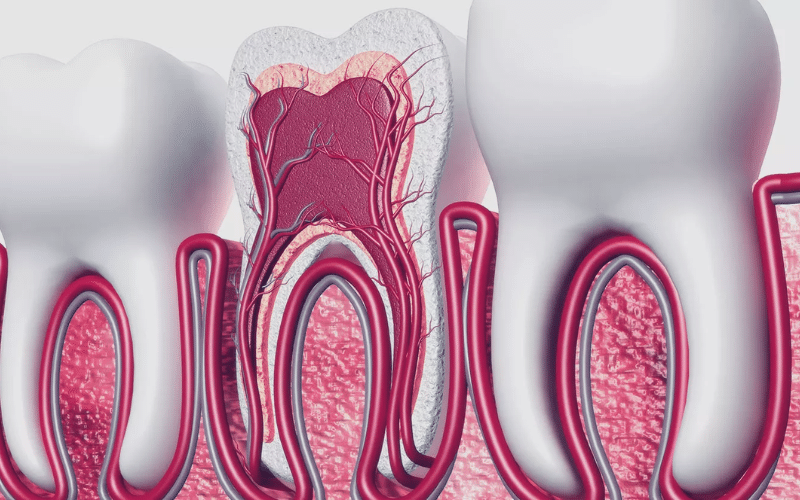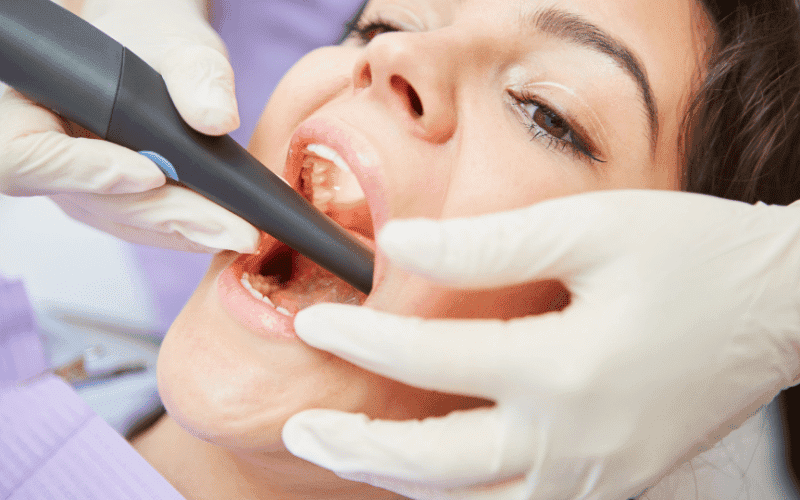
Signs That Indicate You Have a Root Canal Infection
Are you experiencing persistent dental discomfort? It might be more than just a minor toothache. Root canal infections can cause significant pain and discomfort if left untreated. Understanding the signs and symptoms of a root canal infection is crucial for timely intervention and effective treatment. Below, we explore the key indicators that may suggest you have a root canal infection.
Understanding Root Canal Infections
Before diving into the signs of a root canal infection, let’s briefly understand what it entails. A root canal infection occurs when bacteria infiltrate the inner chambers of the tooth, leading to inflammation and infection of the pulp tissue. This can result from deep decay, trauma to the tooth, or untreated dental issues. Without proper intervention, a root canal infection can lead to severe pain, abscess formation, and even tooth loss.
Common Signs and Symptoms
- Persistent Pain: One of the hallmark signs of a root canal infection is persistent or throbbing tooth pain. This pain may intensify when biting down or applying pressure to the affected tooth.
- Sensitivity to Temperature: Individuals with a root canal infection often experience heightened sensitivity to hot or cold temperatures. Consuming hot or cold foods and beverages may trigger sharp, shooting pain in the affected tooth.
- Swelling and Tenderness: Swelling around the affected tooth or in the surrounding gums is another common indication of a root canal infection. The area may feel tender to the touch and appear red or inflamed.
- Prolonged Discomfort: Unlike temporary toothaches that may subside with over-the-counter pain relievers, the discomfort associated with a root canal infection tends to persist or worsen over time. Ignoring prolonged dental pain can exacerbate the infection and lead to complications.
- Gum Pimples or Abscesses: In some cases, a root canal infection may lead to the formation of a gum boil or abscess near the affected tooth. These pus-filled lesions can cause additional discomfort and signal a severe infection requiring immediate attention.
- Discoloration of the Tooth: A tooth affected by a root canal infection may appear discolored or darkened compared to surrounding teeth. This discoloration is often a result of damage to the pulp tissue within the tooth.
When to Seek Dental Attention
If you experience any of the aforementioned signs or symptoms, it’s essential to seek prompt dental evaluation and treatment. Delaying treatment can allow the infection to spread, leading to more extensive damage and potentially necessitating tooth extraction.
A dentist can conduct a thorough examination, including X-rays, to assess the extent of the infection and recommend an appropriate course of action. In many cases, root canal therapy can effectively treat the infection and save the affected tooth.
Treatment and Prevention
Root canal therapy involves removing the infected pulp tissue, cleaning the root canals, and sealing the tooth to prevent further infection. This procedure not only alleviates pain and discomfort but also preserves the natural tooth structure, avoiding the need for extraction.
To prevent root canal infections and maintain optimal dental health, practicing good oral hygiene habits is crucial. This includes brushing your teeth twice daily, flossing regularly, and scheduling routine dental check-ups.
Educational Program Mention: At Wayman Dental School, we understand the importance of proper dental care and hygiene in preventing conditions like root canal infections. Our comprehensive dental programs equip students with the knowledge and skills needed to promote oral health and provide quality dental care to patients.
In conclusion, recognizing the signs and symptoms of a root canal infection is essential for timely diagnosis and treatment. If you experience persistent dental pain, sensitivity, swelling, or other concerning symptoms, don’t hesitate to consult a dentist. With proper intervention, root canal infections can be effectively managed, preserving your oral health and well-being.





